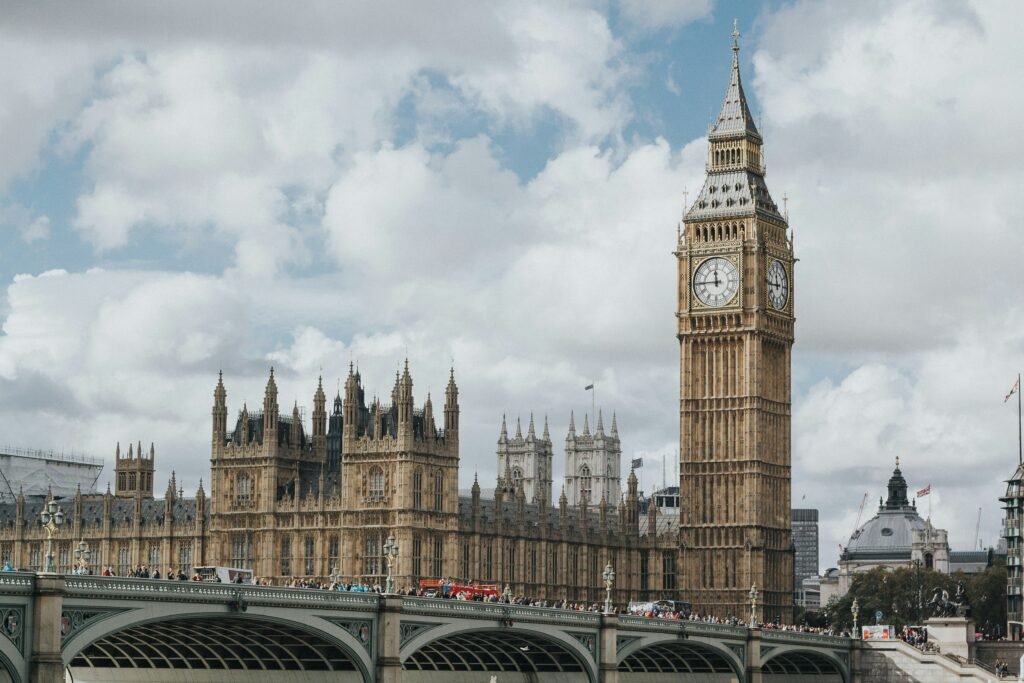
In an unexpected turn, the UK economy expanded by 0.5% in February, significantly outperforming analysts’ expectations and offering a timely uplift for Chancellor Rachel Reeves. The figure, released by the Office for National Statistics (ONS), comes ahead of anticipated turbulence driven by Donald Trump’s latest round of global trade tariffs.
Economists had forecast a modest 0.1% rise, making the actual growth five times stronger than predicted. Additionally, January’s slight 0.1% contraction was revised to show flat growth. While February’s uptick paints a promising picture, many experts caution it could be a temporary bright spot.
The rebound was felt across multiple industries. Manufacturing, which had been struggling, made a notable recovery, with production jumping 2.2%—helped by strong output in pharmaceuticals (up 4.4%), transport equipment (up 1.8%), and metals (up 2.1%). Construction, which dipped in January, also showed signs of recovery, possibly fueled by increased government support for homebuilding initiatives.
The services sector also showed momentum, rising by 0.3%. In particular, consumer-facing services saw their fourth consecutive monthly increase, climbing 0.7%. Strong showings were reported in areas such as telecoms, software development, and car dealerships. Reflecting a broader trend of increased consumer confidence, travel agents and tour operators saw revenues rise by 8.1% in the three months leading up to February, likely driven by a surge in holiday bookings.
Despite the encouraging data, economists are urging caution. Simon Pittaway from the Resolution Foundation noted, “It is questionable whether this momentum will last, however, as Britain moves into an era of higher tariffs, and higher economic uncertainty.”
Indeed, the US’s new tariffs on steel and trade with Canada and Mexico are expected to ripple into the UK economy, potentially affecting both investment and household spending. While some analysts suggest the recent manufacturing boom may be the result of “tariff frontrunning” by U.S. firms stockpiling goods, others argue the bigger picture remains murky.
Capital Economics pointed out that the UK economy has only posted growth in four of the past nine months. They caution that while February’s results are encouraging, it’s difficult to foresee substantial acceleration from here.
Health minister Stephen Kinnock also offered a measured response during an interview with Times Radio: “Obviously, the stability that this government … has brought is helping investors to make plans for the longer term. That helps drive up investment, which drives up employment, drives up growth, and that is good news, of course. There is still a very long way to go.”
Meanwhile, the shadow chancellor Mel Stride criticized Labour’s economic performance, stating: “Since coming to office, Labour’s choices have killed growth stone-dead and there is still a long way to go to recover.”
As inflation, tax hikes, and geopolitical headwinds loom, the UK’s economic resilience will soon be put to the test. Whether this latest bounce is a sign of sustained recovery or a temporary high remains to be seen.








